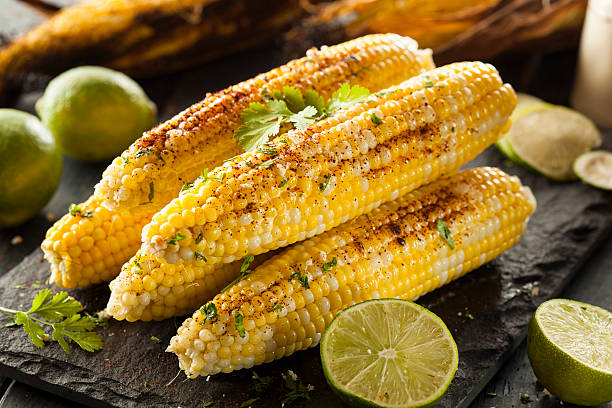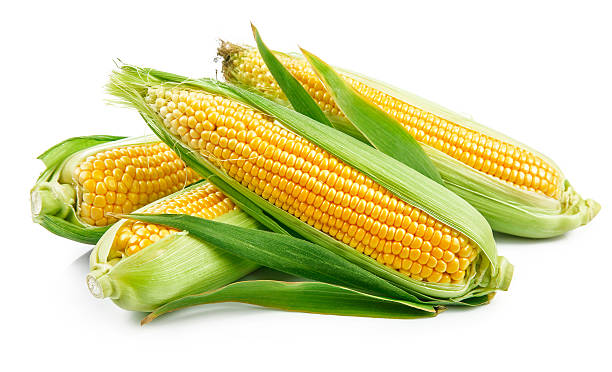Corn, also known as maize, is a staple crop that has been a part of human diets for thousands of years. It is a member of the grass family and is native to the Americas. Today, corn is grown in many parts of the world and is a major source of food for both humans and animals.
Nutritional Value of Corn
One of the main nutritional benefits of corn is its high carbohydrate content. Carbohydrates are the body’s main source of energy and are essential for proper brain function. A 100 gram serving of corn contains around 21 grams of carbohydrates. Corn is also a good source of dietary fiber, providing 2 grams per 100 gram serving. Fiber is important for maintaining a healthy digestive system and can help reduce the risk of constipation and other gastrointestinal disorders.
Is Corn Healthy for You?
Corn is also a good source of several vitamins and minerals. It is particularly high in vitamin A, which is important for maintaining healthy vision and immune function. Corn is also a good source of vitamin B1 (thiamine) and vitamin B3 (niacin), which are important for energy metabolism and nervous system function. In addition, corn is a good source of minerals such as potassium and magnesium.
In terms of protein, corn is not considered a good source. A 100 gram serving of corn contains around 3 grams of protein. However, corn can be a valuable source of protein when combined with other plant-based foods such as beans, lentils, and nuts.
When it comes to fats, corn is relatively low in fat, with only 1 gram of fat per 100 gram serving. This makes it a healthy option for people watching their fat intake.
Corn is also a good source of antioxidants. Antioxidants are compounds that protect the body against damage from harmful molecules known as free radicals. These molecules can contribute to the development of chronic diseases such as cancer and heart disease. Corn is particularly high in the antioxidant carotenoid, which gives it its yellow color.
It’s worth noting that most of the corn consumed by people is in the form of processed foods, such as corn flour, corn oil, corn syrup, cornstarch, high-fructose corn syrup and many other derivatives. These processed forms of corn may have added sugars, preservatives and other ingredients that can be harmful to your health if consumed in excess.
In conclusion, corn is a healthy and nutritious food that can be a valuable part of a balanced diet. It is high in carbohydrates, fiber, vitamins, and minerals, and is low in fat. However, it’s important to keep in mind that most of the corn consumed by people is in the form of processed foods, which can be high in added sugars and other unhealthy ingredients. Therefore, it’s important to be mindful of the sources and amounts of corn in your diet and to opt for whole corn whenever possible.
It is always recommended to consult with a registered dietitian or a healthcare professional before making major changes to your diet. They can provide personalized advice based on your individual health needs and goals.

 Home
Home Health
Health Diet & Nutrition
Diet & Nutrition Living Well
Living Well More
More












